How can we act for a more responsible digital world?
16/06/2025
0 comments
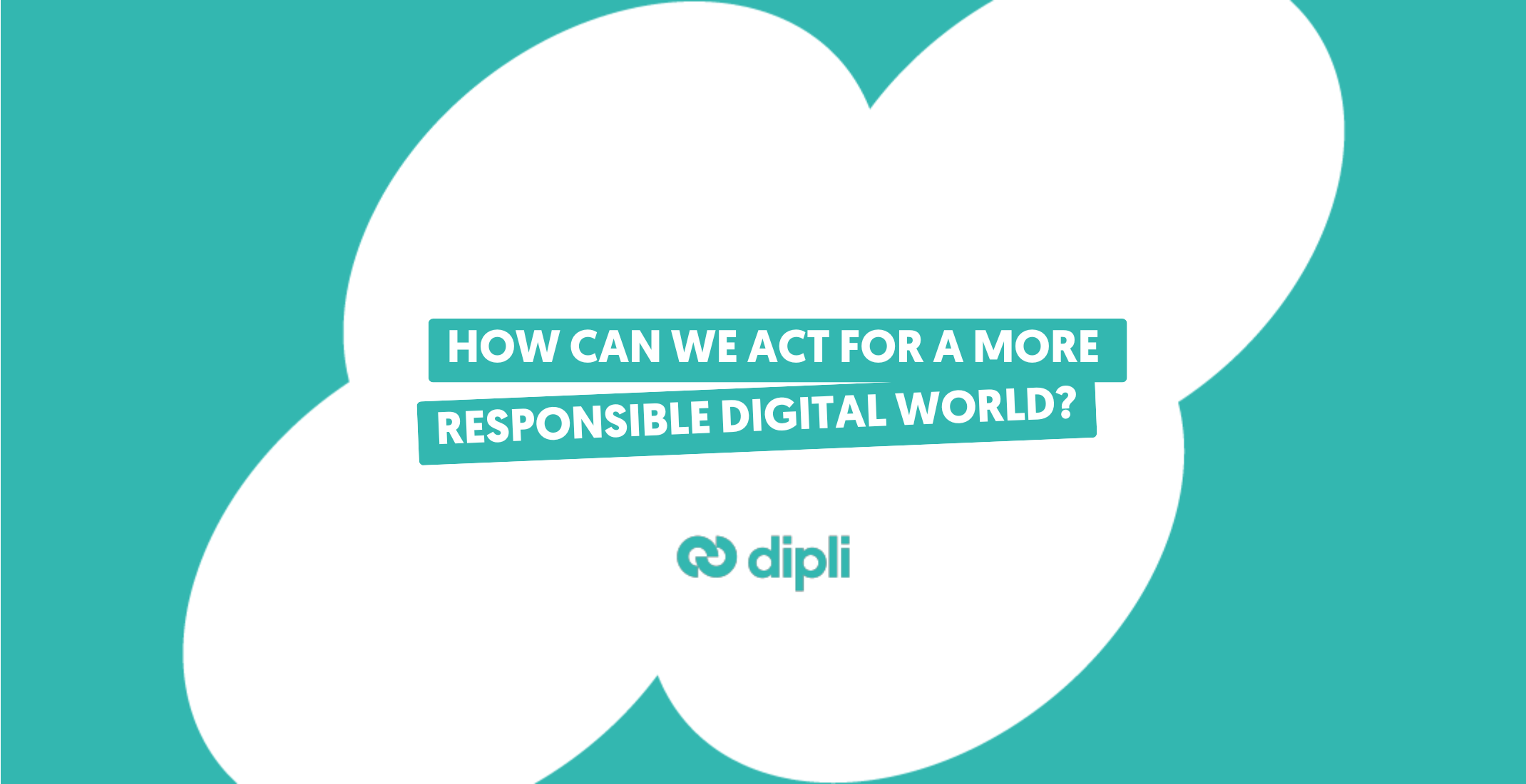
Digital technology is now omnipresent in our daily lives and accounts for around 4% of global greenhouse gas emissions, a figure that continues to rise.
Did you know, for instance, that the average lifespan of a computer has dropped from 11 years in 1985 to just 3–5 years today?
The rapid growth of the digital industry has significant environmental impacts. The rise of digital technologies leads to increased energy consumption, use of scarce resources, and a surge in electronic waste.
In this context, responsible digital practices also known as green IT, have emerged as a response to the ecological challenges related to information and communication technologies.
At Dipli, we are fully aware of these environmental stakes and are committed to optimizing the second life of electronic products. Let’s explore how we can move towards a more sustainable digital world.
The challenges and stakes of digital pollution
1. How is the carbon footprint of digital technology distributed?
In 2024, Ademe and Arcep updated their study assessing the environmental footprint of digital technology in France, based on 2022 data. The project revealed that the carbon footprint of digital activities, totalling 29.5 MtCO₂e, is distributed as follows:
- 50% of digital carbon impact comes from the manufacturing and use of end-user devices (TVs, computers, smartphones, etc.).
- 46% comes from data centers.
- 4% is attributed to networks.
2. What are the environmental issues related to digital pollution?
As digital technologies become increasingly present in our daily lives, the associated environmental challenges are multiplying:
- Resource consumption and depletion of rare materials 🪨
The manufacturing of digital devices requires the extraction of rare metals such as lithium, cobalt and rare earth elements.
- Energy consumption and greenhouse gas emissions ⚡️
Producing and using digital technologies, especially data centers, smartphones and computers, requires large amounts of electricity.
- Planned obsolescence and overproduction 🚨
Many devices are designed with a limited lifespan, encouraging consumers to replace them frequently. This practice fuels overproduction and leads to a surge in electronic waste.
- Management of Waste Electrical and Electronic Equipment (WEEE) 🗑️
WEEE often contains toxic substances like lead or mercury, which pose risks to both human health and the environment. The growing volume of e-waste raises major concerns around proper disposal and sustainable waste management.
In response, more and more initiatives aim to extend product lifespans through refurbishment and repair. But there is still room to act at many levels to reduce the digital sector's environmental impact.
Practices for more responsible digital usage
To reduce the environmental impact of digital technologies, many individual actions can be adopted. Here are a few practical examples:
- Choose IT products designed with eco-design principles, promoting scalability, repairability, and durability.
- Prioritise buying refurbished or second-hand electronic devices to reduce the carbon footprint linked to manufacturing.
- Apply regular maintenance practices to extend the lifespan of your devices.
- Return unused or non-functional electronics to trusted partners like Orange, so they can be refurbished or recycled.
- Reduce energy consumption by turning off GPS, Wi-Fi and Bluetooth on your smartphone, computer or tablet when not in use.
- Get involved in initiatives like Digital Cleanup Day to raise awareness about digital footprint reduction.
- Sort and delete emails regularly to avoid unnecessary data storage and energy use.
Of course, companies also have a key role to play in promoting responsible digital usage since individual efforts are essential, but they must be reinforced by proactive organisational strategies.
1. What role do companies play in promoting responsible digital practices?
Responsible digital usage has become a key issue for companies, particularly in the context of today’s ecological transition. Businesses are increasingly aware of the environmental and social impacts of their operations, and digital activity is no exception. As part of a CSR (Corporate Social Responsibility) strategy, several concrete actions can be implemented to reduce the environmental footprint of digital tools:
- Implementing a structured e-waste management policy,
- Establishing responsible procurement practices for IT and electronic equipment,
- Raising employee awareness on best practices for responsible digital usage,
- Using energy-efficient digital solutions to help lower electricity consumption.
2. How to obtain the “Responsible Digital” label?
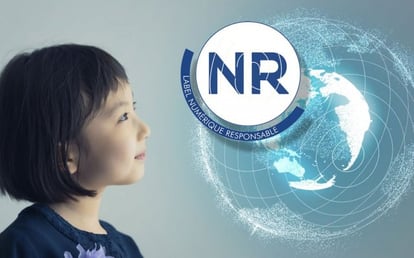
Companies that commit to using digital technologies in an ethical, sustainable and responsible way are rewarded with the "Responsible Digital" label, which focuses on three fundamental pillars: People, Planete, profit. To obtain it, they must go through six steps, including training in “Responsible Digital”. The approach is therefore beneficial for both the company and the environment, and can help build a more responsible and sustainable future for all.
Some key figures to keep in mind:
- 4%: this is the share of internet-related activities in global greenhouse gas emissions, 50% more than the aviation industry emits annually.
- According to ADEME, 70 to 90% of WEEE (Waste Electrical and Electronic Equipment) bypass official recycling channels.
- Producing one computer requires 22 kg of chemicals, 240 kg of fossil fuels, and 1.5 tons of water.
- 60%: the share of video streaming in internet bandwidth usage, with 15% attributed to Netflix alone.
These figures highlight the need to adopt more responsible digital practices to reduce the environmental, economic, and social impact of information and communication technologies.
🌱 Dipli is the ideal partner for professionals seeking trade-in or refurbishment solutions for electronic devices. Interested in learning more? Feel free to contact us!
Dipli simplifies the second life of electronic products.
An all-in-one tool for distributors, leasing companies, telecom operators and companies to manage the entire value chain in one place.
The platform connects the electronics industry to secondary markets; simply and securely. Trade-in and return management, refurbishment, omni-channel purchasing and distribution: Dipli covers and simplifies all stages of the circular economy.


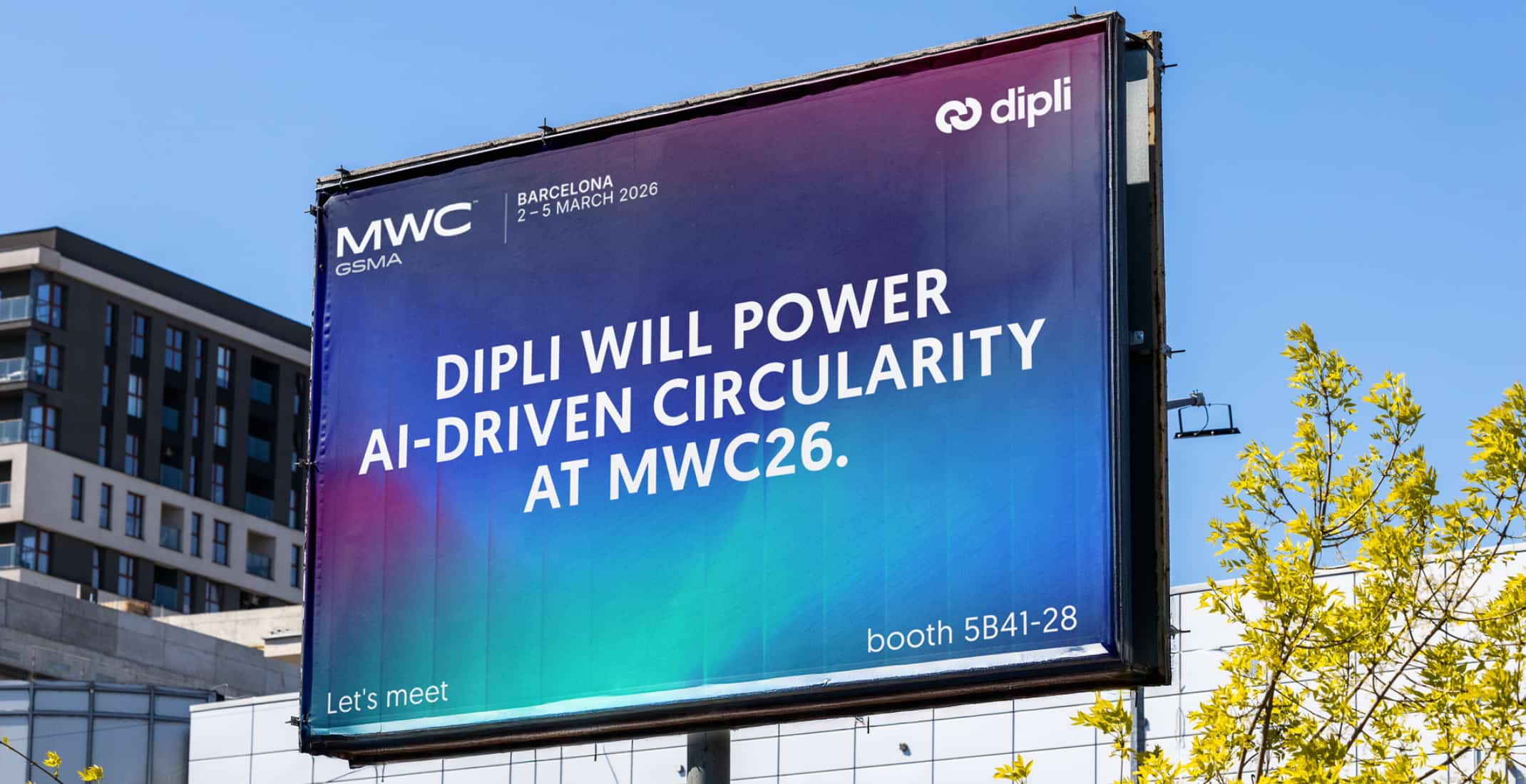
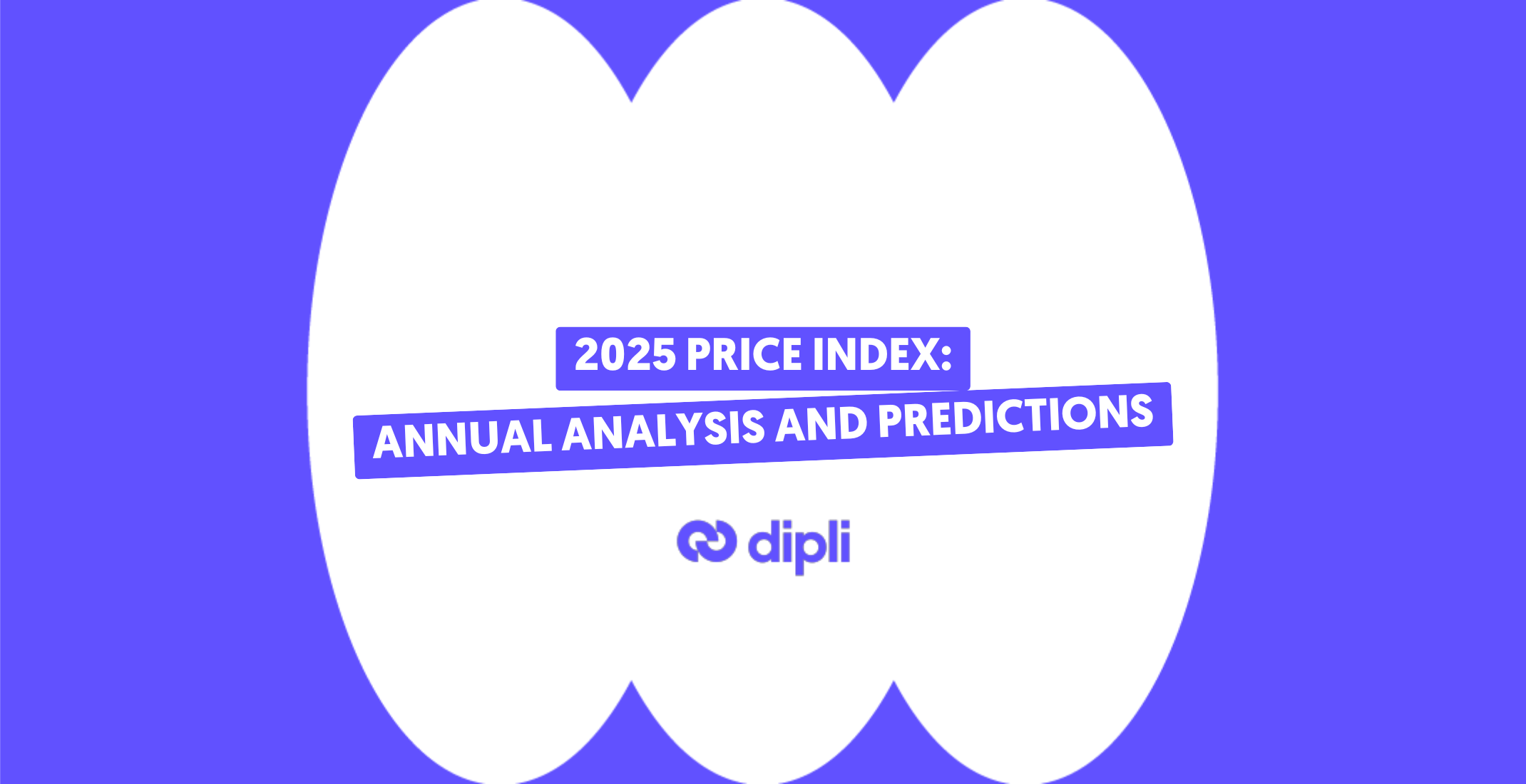
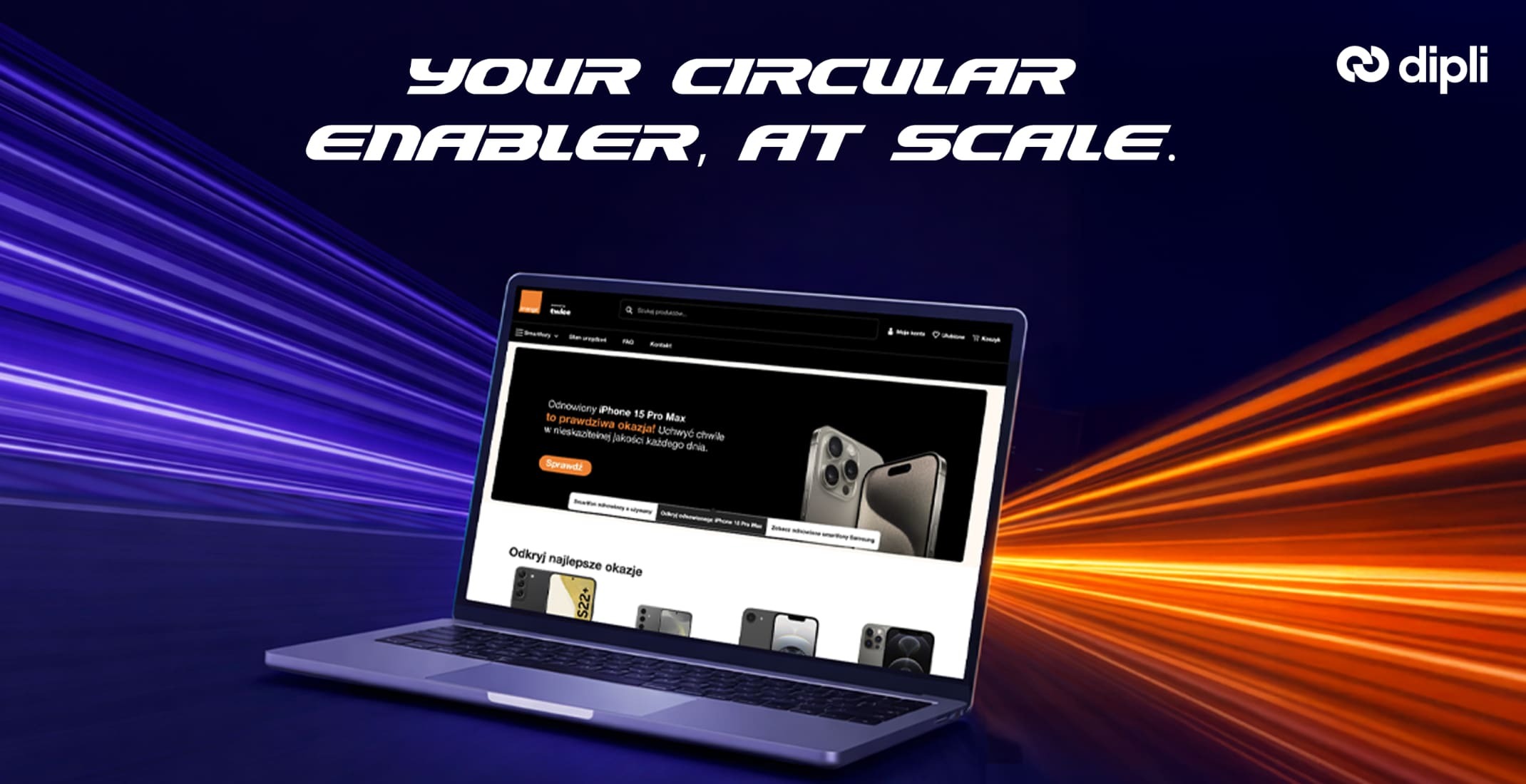
Comments (0)